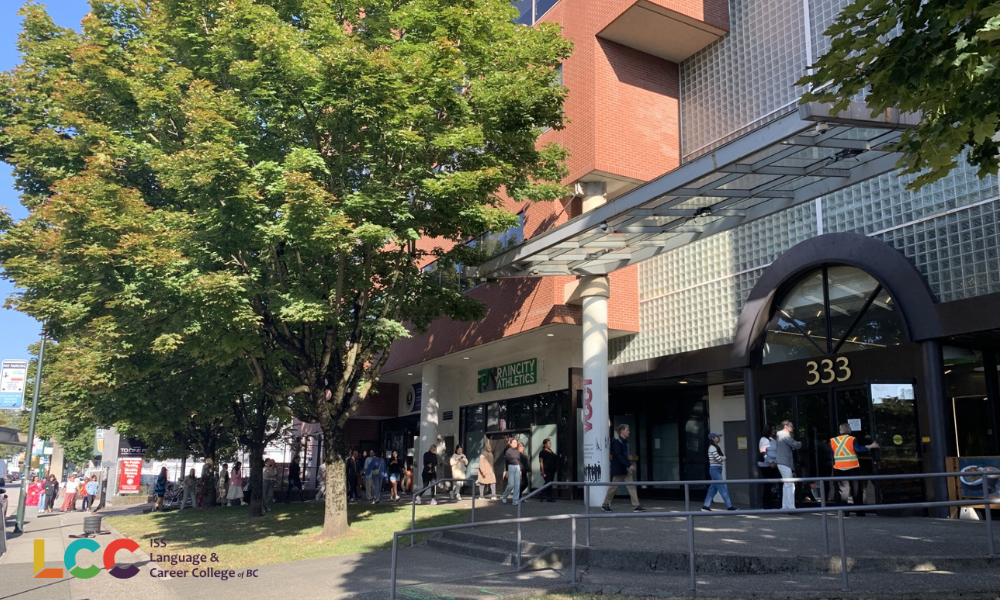Eligibility
Preparing for your travel to Canada
Before travelling, ensure that you are eligible to enter and that you possess all necessary documentation. To be able to enter Canada as a student, you must meet three requirements:
1. You must qualify as a fully vaccinated traveller unless you’re a minor student (under the age of 18 years), and you must complete your ArriveCAN submission;
2. You must have a valid study permit or a letter of introduction that shows you were approved for a study permit, unless you don’t need one; and
3. You must be attending a designated learning institution.
You are encouraged to travel to Canada as early as possible after you receive your documents, to avoid the heavily congested travel period in late August and early September.
Documentation Requirements
If you have applied for a study permit (and work permit, if applicable) and have not yet received your visa and/or letter of introduction, do not travel to Canada until you have received these documents. Be sure to review all your documentation and ensure your information is correct before travelling. If not, please contact Immigration, Refugees and Citizenship Canada.
Have in your possession all of the documentary requirements before you travel to Canada. Do not place any of these documents in your checked luggage.
To enter Canada, you must:
• have a valid travel document, such as a passport
• have the port of entry letter of introduction the visa office sent you when they approved your study permit or a valid study permit if it was previously issued
• have a copy of a valid letter of acceptance from your school
• have a valid electronic travel authorization (eTA), a valid visa, a valid green card (or equivalent official proof of U.S. status) or
another valid travel document
• have proof of funds to support your stay in Canada
• have no criminal or immigration-related convictions (unless pardon has been granted or deemed rehabilitated)
• be in good health and have valid immigration medical exam results, if applicable (find out if you need one)
If you are not in possession of the documentary requirements, you may experience delays during immigration processing and/or you may be refused entry.
Remember: You must use ArriveCAN to provide mandatory travel and public health information before your entry into Canada.
What to expect when you arrive to Canada
When you arrive in Canada, expect longer than normal border processing wait times. If you have a connecting flight, make sure you leave yourself enough time for border formalities.
Expect to be referred to an immigration office for the processing of your study permit. Some airports may have a special processing area for international students arriving in Canada. Please watch for any signage that may be directing you to this designated
processing area.
Once you receive your study permit, ensure that all information on the permit is correct before leaving the immigration office.
Quarantine, Isolation and Testing Upon Arrival in Canada
Fully vaccinated travellers, as well as certain categories of individuals, are not required to quarantine upon arrival in Canada, unless otherwise directed. If you are ordered to quarantine or isolate by a Government of Canada official, you must demonstrate that you have a suitable quarantine or isolation plan. When you arrive in Canada you may be required to undergo COVID-19 molecular testing, even if you are fully vaccinated.


